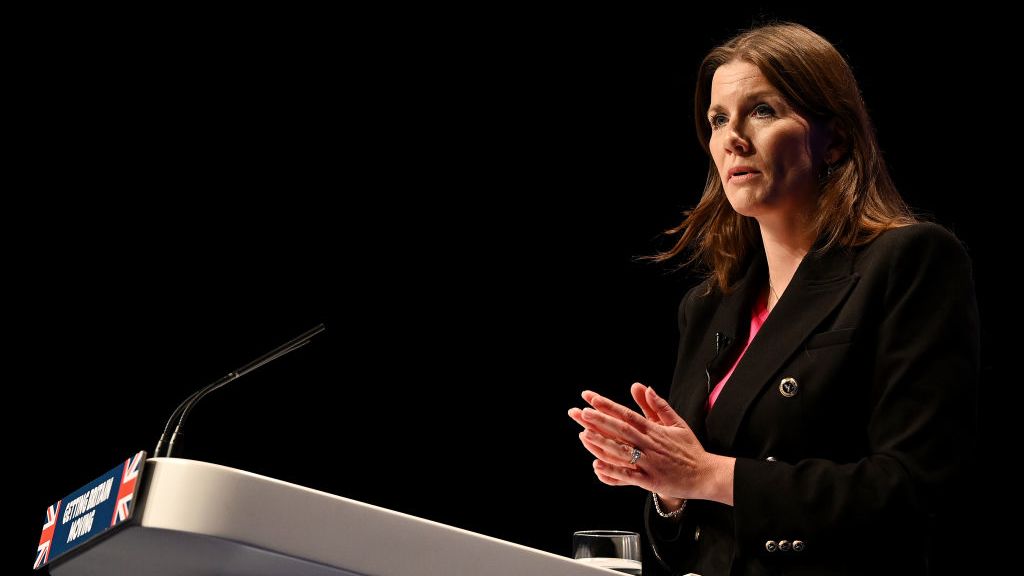Google 'faces €1bn penalty' in EU antitrust case
Antitrust fine could be even greater than Intel's 2009 penalty - report


Sign up today and you will receive a free copy of our Future Focus 2025 report - the leading guidance on AI, cybersecurity and other IT challenges as per 700+ senior executives
You are now subscribed
Your newsletter sign-up was successful
The EU may fine Google up to 1 billion (876 million) for allegedly abusing its market dominance by favouring its Google Shopping service over other shopping platforms.
The penalty would draw the EU's seven-year antitrust investigation to a close, The Financial Times has revealed, relying on "two people familiar with the case".
While neither the EU nor Google have commented, this latest competition claim would be the first of three investigations into Google's antitrust case to come to a head.
This particular investigation is being led by Margrethe Vestager, Europe's competition commissioner, who has come under pressure from politicians in Paris and Berlin to look into the way Google operates and specifically, surfaces its Google Shopping results, which are paid for by organisations as a form as advertising.
Authorities claim this is an unfair way of operating, suggesting those who pay the giant will get more exposure compared to those that don't - even though Google's job as a search engine is to ensure the results it shows on its pages are fair and relevant to consumer searches.
Last year, Vestager slapped Google with a record-breaking 13 billion tax bill, which strained relations between the EU and US.
The 1 billion penalty would be the biggest fine to hit a technology company since Intel was fined 1.06 billion in 2009 for using illegal practices to convince computer makers to use its chips rather than those manufactured by competitors.
Sign up today and you will receive a free copy of our Future Focus 2025 report - the leading guidance on AI, cybersecurity and other IT challenges as per 700+ senior executives

Clare is the founder of Blue Cactus Digital, a digital marketing company that helps ethical and sustainability-focused businesses grow their customer base.
Prior to becoming a marketer, Clare was a journalist, working at a range of mobile device-focused outlets including Know Your Mobile before moving into freelance life.
As a freelance writer, she drew on her expertise in mobility to write features and guides for ITPro, as well as regularly writing news stories on a wide range of topics.
-
 Agile methodology might be turning 25, but it’s withstood the test of time
Agile methodology might be turning 25, but it’s withstood the test of timeNews While Agile development practices are 25 years old, the longevity of the approach is testament to its impact – and it's once again in the spotlight in the age of generative AI.
-
 Will a generative engine optimization manager be your next big hire?
Will a generative engine optimization manager be your next big hire?In-depth Generative AI is transforming online search and companies are recruiting to improve how they appear in chatbot answers
-
 Three things you need to know about the EU Data Act ahead of this week's big compliance deadline
Three things you need to know about the EU Data Act ahead of this week's big compliance deadlineNews A host of key provisions in the EU Data Act will come into effect on 12 September, and there’s a lot for businesses to unpack.
-
 UK financial services firms are scrambling to comply with DORA regulations
UK financial services firms are scrambling to comply with DORA regulationsNews Lack of prioritization and tight implementation schedules mean many aren’t compliant
-
 What the US-China chip war means for the tech industry
What the US-China chip war means for the tech industryIn-depth With China and the West at loggerheads over semiconductors, how will this conflict reshape the tech supply chain?
-
 Former TSB CIO fined £81,000 for botched IT migration
Former TSB CIO fined £81,000 for botched IT migrationNews It’s the first penalty imposed on an individual involved in the infamous migration project
-
 Microsoft, AWS face CMA probe amid competition concerns
Microsoft, AWS face CMA probe amid competition concernsNews UK businesses could face higher fees and limited options due to hyperscaler dominance of the cloud market
-
 Online Safety Bill: Why is Ofcom being thrown under the bus?
Online Safety Bill: Why is Ofcom being thrown under the bus?Opinion The UK government has handed Ofcom an impossible mission, with the thinly spread regulator being set up to fail
-
 Can regulation shape cryptocurrencies into useful business assets?
Can regulation shape cryptocurrencies into useful business assets?In-depth Although the likes of Bitcoin may never stabilise, legitimising the crypto market could, in turn, pave the way for more widespread blockchain adoption
-
 UK gov urged to ease "tremendous" and 'unfair' costs placed on mobile network operators
UK gov urged to ease "tremendous" and 'unfair' costs placed on mobile network operatorsNews Annual licence fees, Huawei removal costs, and social media network usage were all highlighted as detrimental to telco success